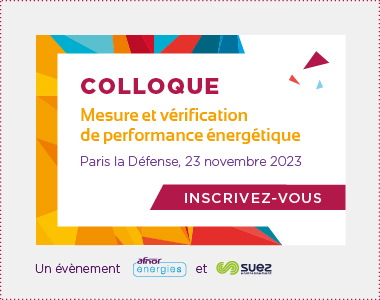Decarbonizing transport requires a number of levers, including the use of decarbonized energy for all forms of mobility, whether individual or collective. Applied to private cars and commercial fleets, this logic means replacing the combustion engine running on fossil fuels (petrol, diesel and LPG derived from oil) with an electric motor.
The first generation of electric motors runs on batteries, while the hydrogen motor is the next generation (fuel cell). Provided that batteries are produced using a low-carbon production process, electric cars are part of the solution to the climate crisis. However, this presupposes that users have access to charging infrastructures that are well distributed and technically efficient.

For these installations, which will have reached 100,000 in France by spring 2023, one of the markers of performance is the expertise of the professionals who design, install and maintain them. They are required to demonstrate their expertise by displaying the IRVE qualification (for “Electric Vehicle Charging Infrastructure”).
IRVE qualification is granted for four years after completion of a training course.
The decree of January 12, 2017 requiring possession has been amended by a decree of May 4, 2021, which extends this requirement to the three charging station trades:
- The design
- Installation
- Maintenance
The AFNOR Group also provides electric mobility professionals with standards and normative documents:


